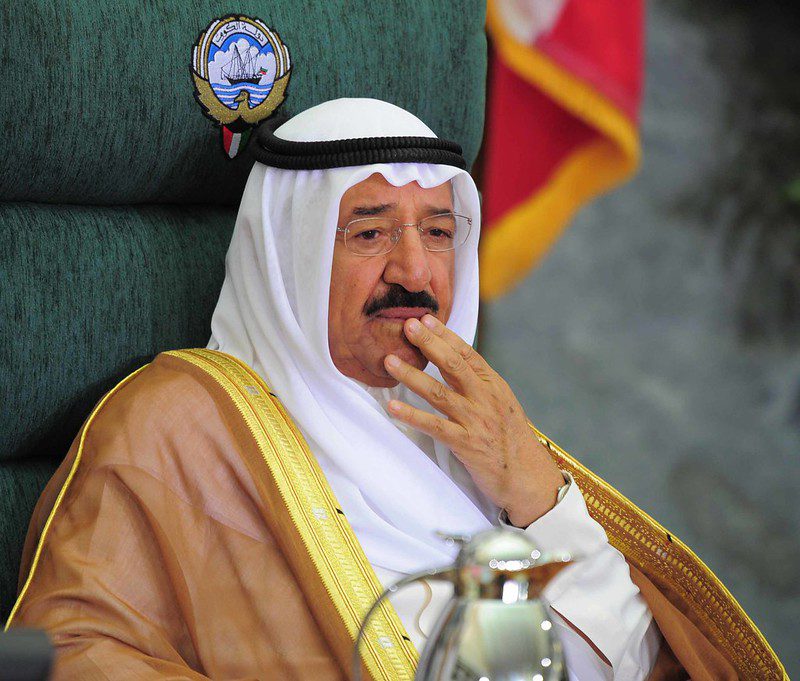As the registration period for the upcoming 2020 National Assembly elections ended on Wednesday, all eyes are on the 376 candidates that are running for a seat in the upcoming legislative term.
The election in Kuwait set to be held on September 29.
There are 376 candidates in the running for the elections — 349 men and 27 women. Seven members of the recently dissolved parliament will not stand in the vote scheduled for September 29, including parliament speaker Marzouq Al Ghanim.
Kuwait’s electoral system involves a simple majority vote, with voters choosing one candidate in a district. The 10 candidates with the most ballots in each district are elected. Under the old system amended in 2012, voters could pick four candidates, using four votes of equal weight. Although, Kuwait bans political parties it has given its legislature more influence than similar bodies in other Gulf monarchies.
The number of candidates vying for seats in the next parliament is lower than in the two previous elections – 395 in 2020 and 454 in 2016.
Although Kuwait’s last election took place two years ago, voters are expected to turn out in strong numbers despite concerns about possible electoral fatigue. here are also hopes that more women will be elected to parliament this time, after lone female MP Safa Al Hashem lost her seat in the 2020 vote.
Kuwaitis voted to replace 31 MPs in 2020, electing 22 who had never served in parliament before. A record 28 female candidates were in the running for the assembly, but none were successful. Moudhi Al Mutairi is among 27 women who filed nomination papers this time. She is competing for a seat in the fifth constituency.
These elections are being held after Kuwaiti Crown Prince Sheikh Meshal announced the dissolution of parliament on behalf of the Emir Sheikh Nawaf in June and called for new elections after more than a year of infighting between the National Assembly and government. The previous government resigned in April ahead of a non-cooperation motion in parliament against Prime Minister Sheikh Sabah al-Khalid, who late last month was replaced as premier by the current emir’s son Sheikh Ahmad Nawaf al-Sabah.



















